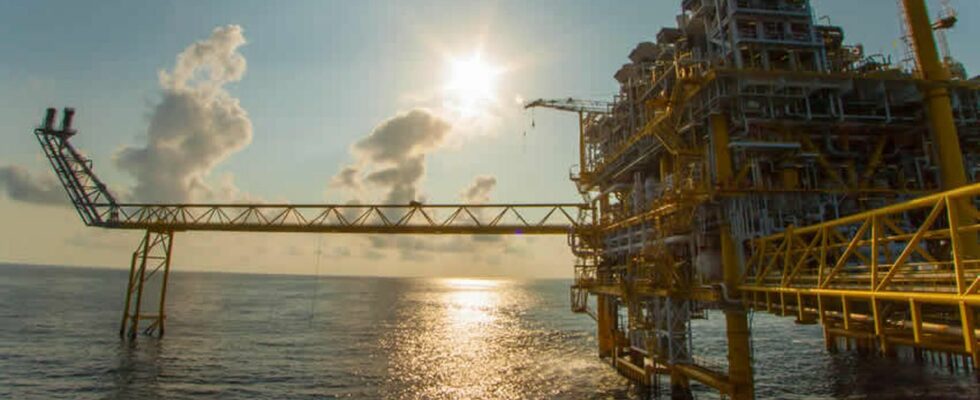Published on Nov 22, 2023 at 6:10 p.m.
PARIS, November 22 (Reuters) – The proposed new regulation of the French electricity market risks leading to a strengthening of EDF’s dominant position and will lead to mechanical price increases, Engie estimated on Wednesday.
The new regulation envisaged is based on the conclusion of long-term contracts and on a reference price for nuclear electricity of 70 euros per megawatt-hour (MWh), with a system of taxation of EDF income from 78 euros /MWh approximately, which should ensure price stability for consumers through a redistribution of the sums thus collected.
The second electricity supplier in France behind EDF, Engie believes that this system “carries the risk of strengthening the dominant position” of the public group and hopes that the government’s desire “to move towards an assumed market operation, without regulation of sales”, is accompanied by a “transparent and fair operation of this market”.
In a press statement, Engie said it considered it necessary for EDF’s producer and supplier activities “to be strictly separated, in order to guarantee all suppliers the same access to electricity volumes (..) and equality processing to offer contracts to individuals and businesses.
“What is on the table is a strengthened functioning of the market, therefore deregulation. We are in principle favorable to this approach. But it is true that, in this context, it is absolutely critical that the rules of competition apply very rigorously,” Engie CEO Catherine MacGregor told Reuters.
“The conditions under which EDF will trade must clearly be the subject of careful examination and must be respectful of the rules of competition, this seems to me to be a very sensitive and important point for what will be put in place,” he said. she added.
“GIVE THE DEVICE A CHANCE”
The new regulation, presented on November 14, must come into force at the start of 2026 to take over from Arenh (regulated access to historic nuclear electricity) after the end of this system, which forces EDF to sell part of its production nuclear power to its competitors at 42 euros/MWh and whose negative impact the group has long underlined on its accounts.
According to Engie, French electricity “will be mechanically more expensive, since it will now be deprived of almost a third of the production sold at the current Arenh price”.
The government and EDF, for their part, have assured that the new method of setting regulated prices will make it possible to avoid significant increases.
According to the consultation document for the draft new regulation, published Tuesday, the amount recovered by the State from EDF for a given year “would be redistributed in full to consumers, in the form of a payment appearing on the invoice as a deduction from the electricity price concluded with the supplier.
Before each year of delivery, the Energy Regulatory Commission (CRE) could establish the forecast amount in euros per MWh which would be paid to consumers, based on the forecast payments due by EDF for the production of the nuclear fleet. existing, and possibly integrating the balance relating to previous years.
“Operational implementation is not very well defined today and will be a very important subject of attention, because we need to be able to give our customers visibility on the prices they will have to pay. pay”, declared Catherine MacGregor, Engie, referring to a mechanism for capturing EDF revenues “that is both complex and whose contours are still vague”.
“I want to give the system a chance, so let’s look at what will be put in place to respond to the concerns we have.”
While regretting that alternative suppliers, as well as manufacturers and consumer representatives, “received only very limited information” before the conclusion of the agreement between the State and EDF, Engie indicated that he now hoped to “weigh in this hitherto closed debate”.
At the same time, the group reaffirmed its commitment to accelerating the development of renewable energies and in particular the production of local electricity “at controlled costs”. (Report by Benjamin Mallet, edited by Jean Terzian)
